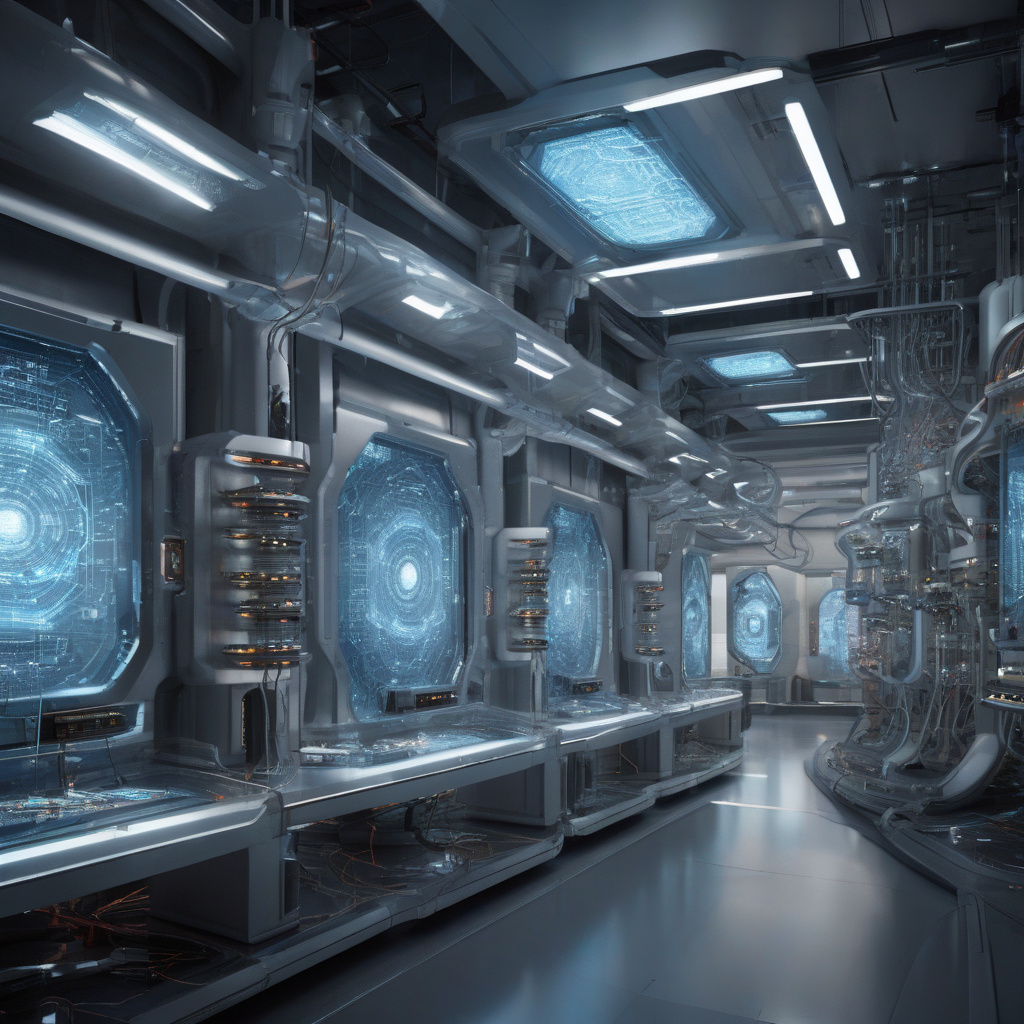First time ever: New 2-sec quantum process beats supercomputer for random numbers
Random number generation is a central process in many applications, including cryptography, security, and scientific research. The ability to produce truly random numbers is crucial for ensuring the integrity and confidentiality of sensitive data, as well as for conducting simulations and experiments that require unpredictable outcomes. Traditionally, random numbers have been generated using algorithms, which although complex, are ultimately deterministic in nature. However, recent advancements in quantum computing have paved the way for a revolutionary approach to random number generation that is truly random and cannot be predicted.
In a groundbreaking development, researchers have unveiled a new quantum process that is capable of generating random numbers in just 2 seconds, outperforming even the most powerful supercomputers currently in existence. This remarkable feat represents a significant leap forward in the field of quantum computing and has the potential to revolutionize the way random numbers are generated and utilized across various industries.
The new quantum process relies on the principles of superposition and entanglement, which are unique to quantum systems. By harnessing these quantum phenomena, researchers are able to generate random numbers at speeds that were previously thought to be unattainable. This not only demonstrates the incredible processing power of quantum computers but also highlights their superiority over classical computers when it comes to tasks that require high levels of randomness.
One of the key advantages of using quantum processes for random number generation is the inherent unpredictability of quantum systems. Unlike classical algorithms, which are based on predefined rules and patterns, quantum processes introduce an element of true randomness that is impossible to replicate using classical means. This makes quantum-generated random numbers ideal for applications where security and unpredictability are paramount, such as in cryptographic key generation and secure communication protocols.
Furthermore, the speed at which the new quantum process can generate random numbers is truly impressive. In just 2 seconds, researchers are able to produce a virtually unlimited stream of random numbers that are truly random, with no discernible pattern or correlation between them. This level of efficiency is unmatched by even the most advanced classical supercomputers, which would require significantly more time and resources to achieve the same result.
The implications of this breakthrough are far-reaching and have the potential to impact a wide range of industries and fields. In cryptography, for example, the use of quantum-generated random numbers could enhance the security of encrypted communications and transactions, making them virtually unbreakable by conventional means. In scientific research, quantum-generated random numbers could enable more accurate simulations and experiments by introducing a higher degree of randomness into the data generated.
Overall, the development of a new 2-second quantum process for random number generation represents a significant milestone in the field of quantum computing. By leveraging the unique properties of quantum systems, researchers have demonstrated the power and potential of quantum technology in achieving tasks that were previously thought to be impossible. As quantum computing continues to advance, we can expect to see even more exciting developments that push the boundaries of what is possible in the world of random number generation.
quantum computing, random numbers, cryptography, scientific research, quantum technology












